Chad: Rich Country Poor Societies
- Adem Aman Shibu

- 20 Haz 2023
- 6 dakikada okunur
Introduction
Chad is a landlocked country in central Africa that is estimated to have a 17.5 million population nowadays with a GDP that is estimated to be $25 billion in 2022. Ndjamena is the capital city. It is bordered on the north by Libya, on the east by Sudan, on the south by the Central African Republic, and on the west by Cameron, Nigeria, and Niger countries. The country is composed of multinational ethnicity and more than 100 local languages are spoken, however, French and Arabic are the official languages. Chad is a multicultural country. Historically, it was colonized by France in 1920 and get independence in 1960. The name Chad is derived from the largest lake of Chad, which is crucial for the country including Nigeria, Cameron, Niger, and Chad itself countries.
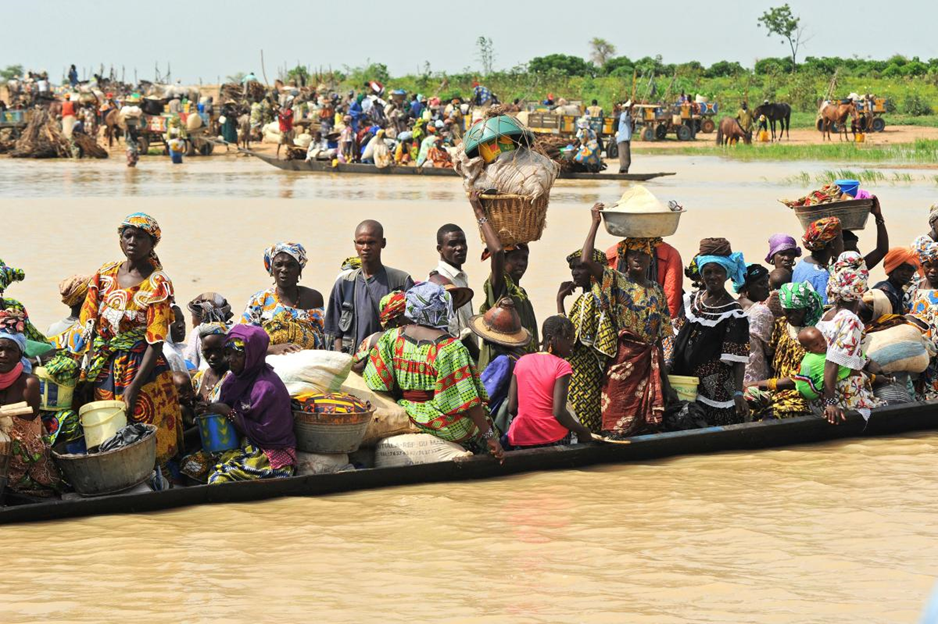
With great respect, Chad is a rich country with poor societies like other African states. The literature and various local and international source linked the failure of African nations to corruption, mismanagement, and lack of good governance or poor governance. In particular, this is working for Chad as well such a paradigm expression of what we are looking to discuss in this article. The aim of this article is only to remind Chad as one instance, however, entire African countries to what extent they know their resources and reserves of natural resources and at what extent they benefited from it, and other elements which are important in line with high energy storage capacity for electricity generation and among others.
Chad Resources and Its Benefits
Chad has been a reserve of various natural resources such as oil, uranium, and gold, as well as has other plenty of abundant silver, diamonds, quartz, bauxite, granite, tin, tungsten, thorium, limestone, sand, gravel, kaolin, and salt minerals. The deposit of uranium is highly found in the region south of Tibesti mountain.
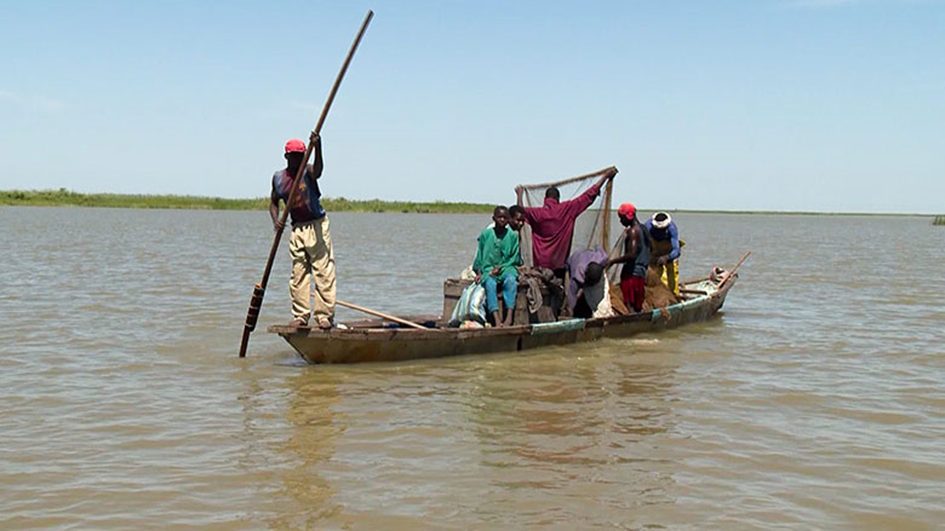
Albeit, the amount of uranium reserve has been estimated to be 8,000,000 tons relying on the studies employed between 1970 to 1980 by UNDP and the IAEA according to the Chad Mining and mineral ministry sources. Some sources associated the internal instability of the country, particularly the conflict between 1970 and 1980 with the exploitation of mineral resources. So far with all this amount of natural resources reserves aligned with uranium, Chad is one of the poorest countries in Africa due to an unstable socio-political lieu. Is it really the uranium deposit is uneconomic or what is it matter and what is it holding back the country to benefit from? This question is important, but it is beyond the scope of this paper.
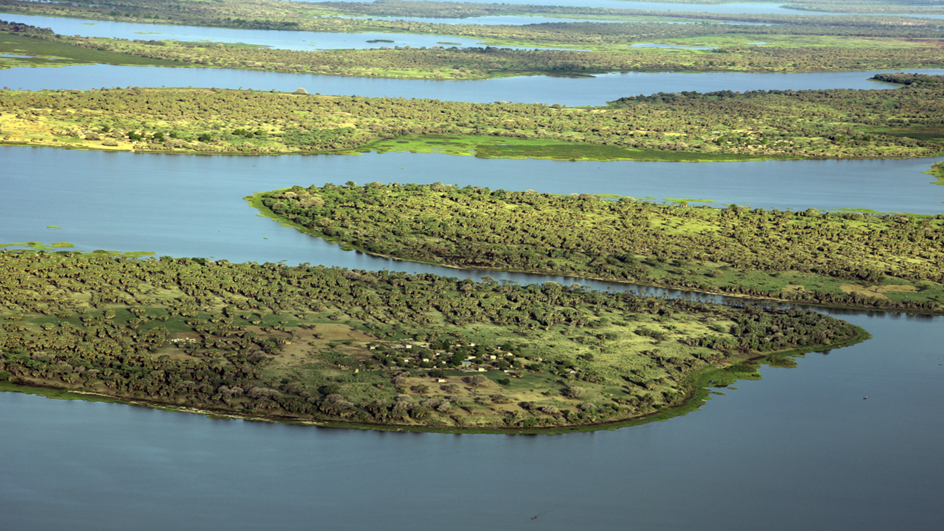
Based on the author’s best understanding of the document review no updated study related to uranium resources could be found and the studies employed between 1970 to 1980 by UNDP and the IAEA seem too old. In this context, this track of study aims to question whether it seems Chad has been looking go for ahead towards other explorations or investigations, especially focusing on the production of value-added based projects and investment products which is crucial in the current manner as well as empowering the country socio-economic-politically at large. To do so, developing a systematic strategy to enhance technical methods and proper procedures and process systems to meet sound policy frameworks and implementing them for growth and development is necessary. So exploring existing and new potential alternative methods should be crucial. For instance, the agreement between Ehiopia-Chad in line with Civil Aviation is a good example, Ethiopia and Chad have agreed on a bilateral relationship associated with the Civil Aviation industry. Both country ministries meet at the 41st International Civil Aviation (ICAO) between 27 September to 07 October 2022 held in Canada, Montreal. Ministry of Transport and Logistics Mrs. Dagmawit Moges from Ethiopia and Minister of Civil Aviation and National Meteorology, Hissein Tahir from Chad signed the agreement that aims to strengthen bilateral relations in the Civil Aviation sectors. Ethiopia is well-equipped in Civil Aviation sectors and is one of the top 5 countries with the highest performance in the civil aviation industry among the 193 member countries of the ICAO in the globe.
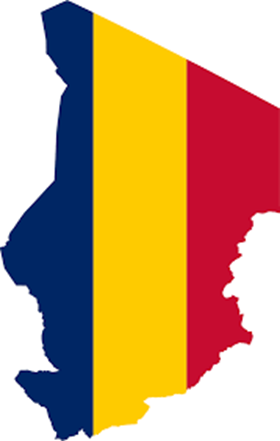
So exploring more alternative investments project and improving existing regulations for enabling the environment is important for inclusive and sustainable development to eradicate poverty. For instance, Lake Chad is one of the strategic resources in Africa, especially in the middle and central African countries and particularly for the Republic of Chad. The Lake covers an area estimated to be 2.43 million km2 in general which is estimated to be 8% of the total African surface utmost. Besides, document reviews show as the proportion sharing between basin regional countries looks Chad is 45%, Niger is 28%, the Central Africa Republic is 9%, Nigeria is 7%, Algeria is 4%, Sudan is 4%, Cameroon is 2%, and Libya is 0.5%. accordingly, the largest share territory of Lake Chad belongs to Chad and Niger, however, 75% of the lake water origin from the CAR and Cameron.
Broadly, water is explained as life as a cliche expression as usual. Therefore, serving to save and support such natural resources is very important for human well-being as well as for other creatures. So far protecting Lake Chad is a great contribution and investment for humanity associated with an economically sound development not only for the Chad Republic and the Lake basin Countries but also crucial for Africa's socio-economic-political stability in the region in particular as well as for the entire globe to liberate climate change risks.
The humanitarian crisis and Challenges in a Basin of the Lake Chad Countries
Nowadays, due to climate change, the shrinking and decline of the lake, the crisis of humanitarian and various violence engulfed the region and the neighboring countries in particular by the Boko haram group since 2009 including Chad, Nigeria, Niger, Central Africa Republic, and Cameron. On the other hand, accordingly, a local society or people who are living in the regions of the basin of the lake and utilized the lake water as a source of livelihood for highly affected at most currently. Lake Chad serves as well for fishing and other agricultural activities like irrigation. Due to such issue food security and scarcity are always there as well as underway intensively. So far the issue of this Lake requires intentional attention at the domestic, regional integration, and broadly at the international community level including climate change-oriented firms as well as humanitarian aid organizations at large.
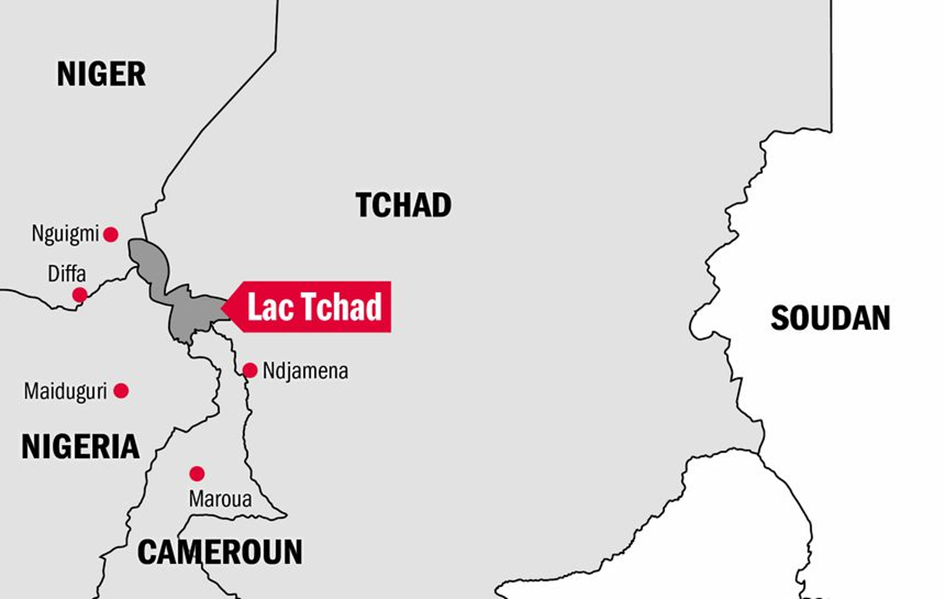
The endeavor of the World Bank steps up for Lake Chad's recovery and development project initiative is crucial in order to put into place a Lake sustainable. The international development association project facilitates the preparation of a project working towards Lake Chad recovery to fund the Lake Basin countries such as the Republic of Cameroon with a $60 million credit facility, $40 million for the Niger Republic, $45 for the Chad Republic, and $5 million for Lake Chad commission as well as $20 million credit facility among others. So far the activities of the Lake Chad Basin Commission (LCBC) are appreciated and still, it requires further attention and support from national and international society to save the lake's decline due to climate change risks and biodiversity as soon as possible. Furthermore, it is expected to hear and see promising policy frameworks from the second forum organized by LCBC between May 23 to 25, 2023 in Chad, N’djamena.
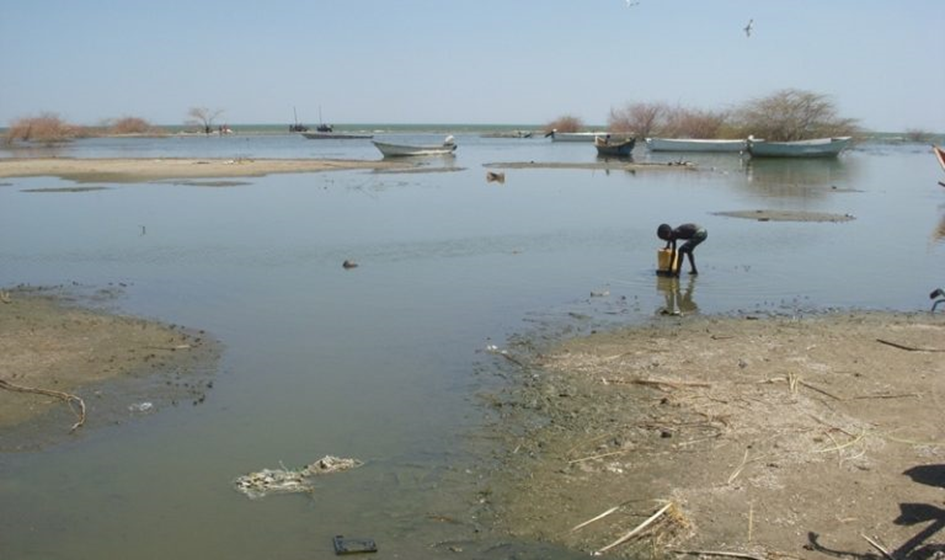
Conclusion
Obviously, not only in Chad's socio-economic-political issues but also in the majority of African countries providence seems to look like each other, particularly after the independence of the colonization era. The factors may be different, however, the outcomes are related to what is matter and is concerned. In particular, to serve and find out solutions related to the issue of Lake Chad need high concerns to be put into place by applying good and well-developed strategic planning to fight climate change in order to enhance a green economy for sustainable growth and development in the region. For example, investing in eco-friendly green environments projects like plantations and cultivation. Preparing and commencing a sound development policy framework, regulation, and procedural process of a system that binds entire regions of the Lake Chad Basin in cooperative is recommended.
To summarize, not last but least, not only Chad but whole African countries are naturally gifted continents. Despite all of these challenges for Africa (i.e., Chad) being without well-awareness, remembering, reminding, informing and even transmitting to others a bad image about Africa through conversation, training, consultation, and so on still continues unfortunately. Thus, strongly and smartly working, creating, and managing insight that transforms Chad and others' is recommended for policymakers and practitioners.
Reference
Mining and Precious Metals: https://www.trade.gov/country-commercial-guides/chad-mining-and-precious-metals
Transborder Groundwater Fact Sheet: The Lake Chad basin Aquifer system, October 2013: https://www.gwp.org/globalassets/global/toolbox/references/lake_chad_fact_sheet.pdf










Yorumlar